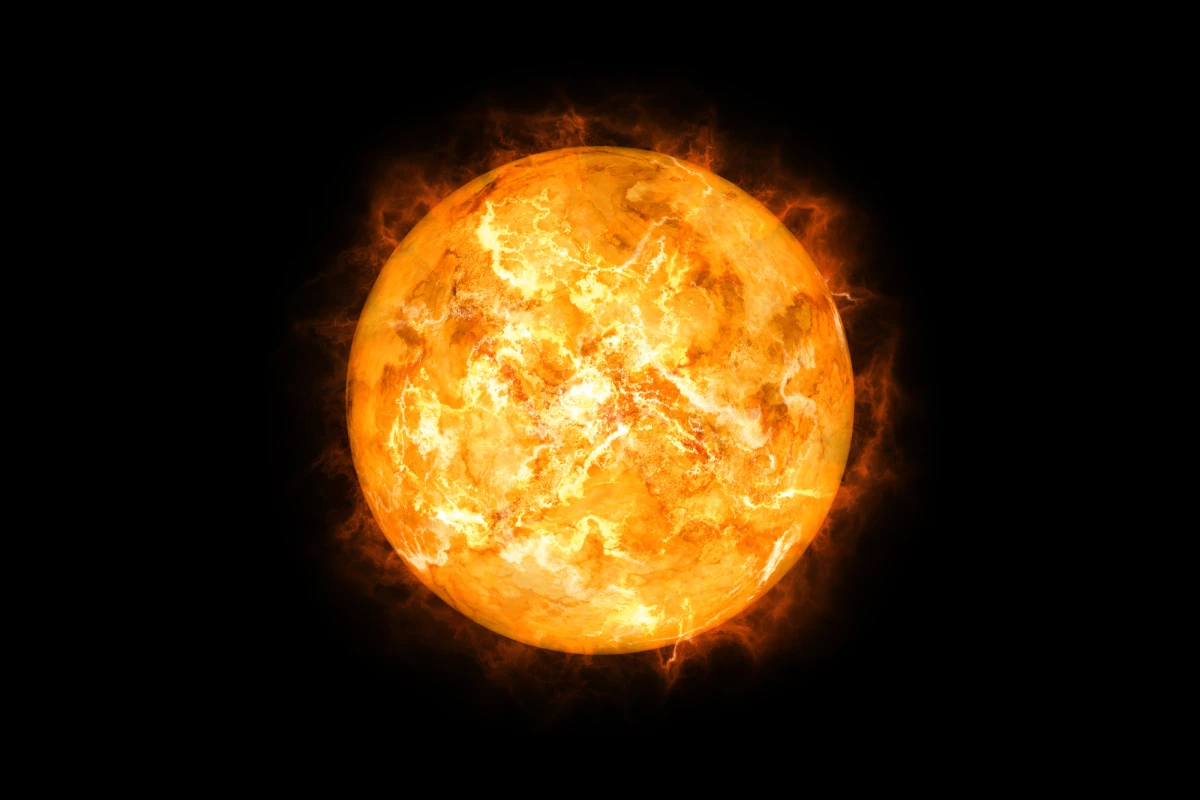To get a sense of how “normal” the Sun may be, astronomers have compared the Sun to hundreds of similar stars. It turns out that it’s actually far less active than its peers – but is this a permanent personality, or is it just going through a phase?
In many ways, the Sun is completely unremarkable. It’s a G-type main sequence star, in the middle stages of its life. Its energy output and brightness can be reliably tracked to an 11-year cycle of sunspots. And we know that it’s capable of flares of a certain size.
But since this is a sample size of one, that doesn’t tell us if this is a normal star or not. So, astronomers from Max Planck, the University of New South Wales and the School of Space Research in South Korea compared the Sun to other similar stars.
Using data from the Kepler and Gaia Space Telescopes, the team filtered the most Sun-like stars out of a catalogue of 150,000 main sequence stars. The main criterium was rotation period – the Sun rotates once every 24.5 days, so the researchers focused on stars with 20- to 30-day rotations. Then they narrowed down the list further by looking for stars with surface temperatures, ages and element ratios that most closely matched the Sun. In the end, they came up with 369 Sun-like stars to study.
To the surprise of the team, the Sun seems to be generally much quieter than most other stars. The Sun’s radiation fluctuates by just 0.07 percent between its active and inactive phases, while variations for other stars were usually five times stronger.

And it’s not just on a short time scale either. Thanks to dedicated early astronomers, reliable sunspot records exist back to about 1610, and before that solar activity can be estimated from isotopes in tree rings and ice cores as far back as 9,000 years. In all that time, the researchers found that the Sun’s variability was within a pretty steady range.
So does this mean our Sun is a naturally quiet star, or is it just going through a phase?
"Compared to the entire lifespan of the Sun, 9,000 years is like the blink of an eye,” says Timo Reinhold, first author of the study. "It is conceivable that the Sun has been going through a quiet phase for thousands of years and that we therefore have a distorted picture of our star.”
The team says that this data suggests that our own Sun could be capable of much more intense solar activity than we give it credit for.
However, even if this is just a moody phase, that doesn’t mean the Sun will fire back up any time soon. Our local star has been even more quiet than usual over the past decade or so, and NASA’s forecasts for the next 11 years suggests we could be in for a “grand minimum” that’s only seen every few centuries. Unfortunately, if that is the case it likely won’t put a dent in climate change.
The research was published in the journal Science.
Source: Max Planck





